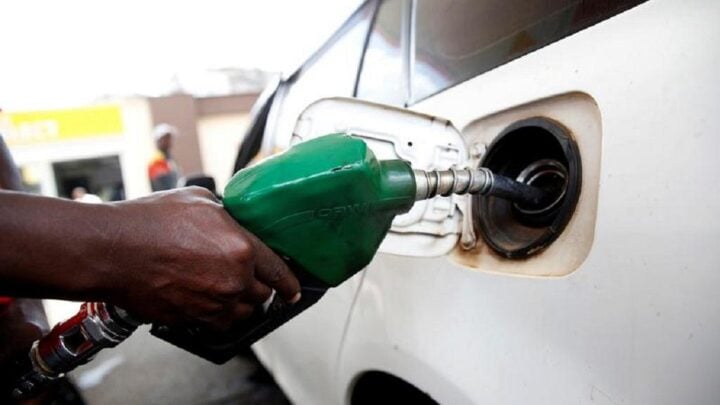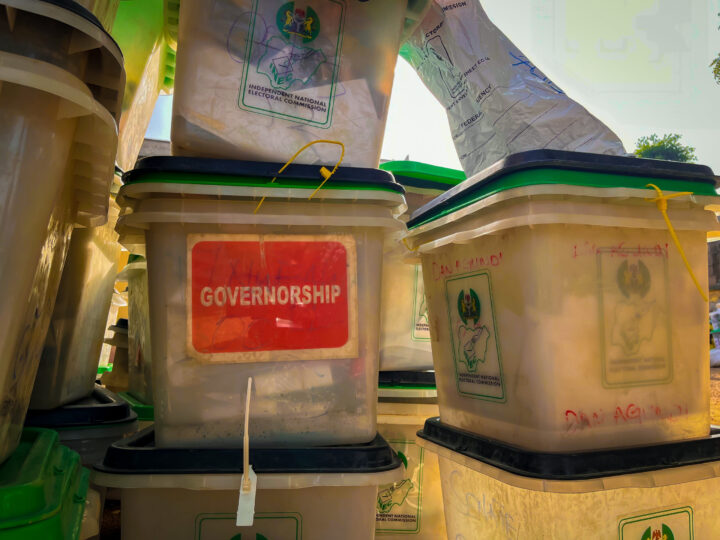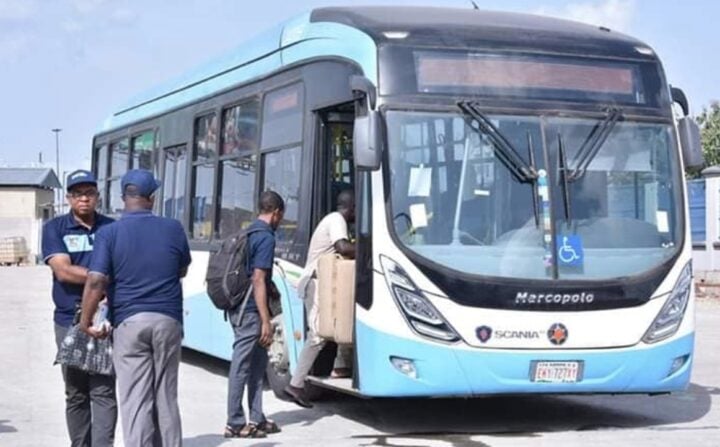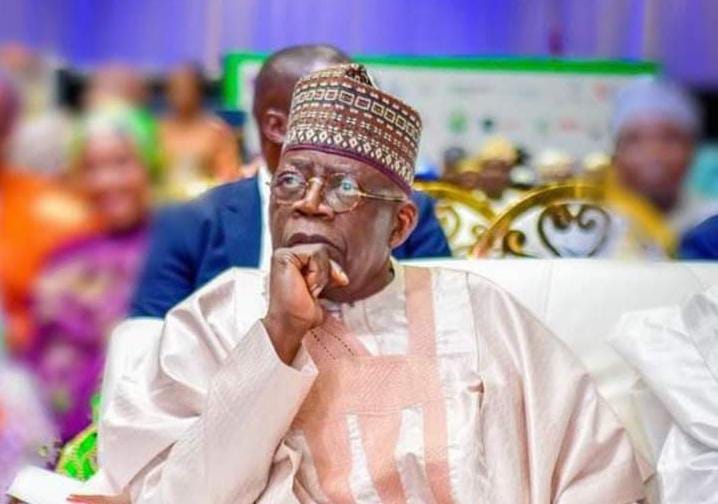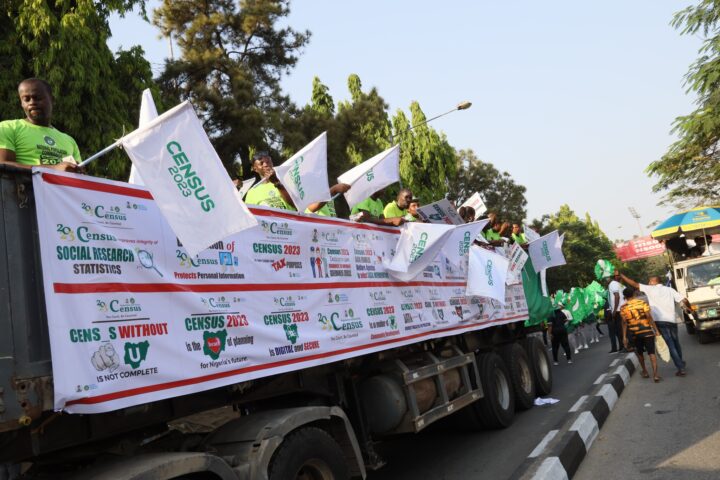BY ADEBOLU ADEYEYE
The president-elect of the Federal Republic of Nigeria Asiwaju Bola Ahmed Tinubu in his acceptance speech emphatically said: “…together, we shall build a brighter and more productive society for today, tomorrow and for years to come.” “Peace, unity and prosperity shall be the cornerstones of the society we intend to build. When you gaze upon what we shall accomplish in the coming years, you shall speak with pride at being a Nigerian.”
It is trite to reiterate that one of the critical challenges the incoming administration will be burdened with is the removal of fuel subsidy, a fact which the president-elect had reiterated during his campaign. More so, the removal of subsidy could have a deleterious effect on the entire nation, if not properly managed. An increase in the cost of petroleum motor spirit (PMS), diesel, and kerosene is set to bring about inflation and ultimately spiral into every sector of the economy. Transportation costs will increase, consequently, the cost of goods and services might skyrocket too.
At first glance, the effect of the subsidy removal might contradict what the president-elect is trying to achieve with his promise of peace and economic renaissance. Also, it could further immiserate the citizenry and erase any glimmer of hope. Previous administrations who executed the policy of subsidy removal met with opposition and stiff resistance from most Nigerians. And the same could be the case if this removal process is not strategically handled.
All hope is not lost, regardless. After all, the test of an effective leader is the ability to confront and navigate tough situations. And with an enviable track record and experience, just like many of the frontline candidates who aspired for the coveted office, I believe the president-elect should be up to the task. Having been in and around the murky waters of Nigerian politics and governance for the past three decades, there is no better time to deploy his rich experience than now.
Advertisement
In confronting this task, the president-elect must gain public trust by garnering the support of critical economic and political actors, the media and the citizens. He must show empathy. More expedient, there needs to be a liaison committee set up at the local government, state and national level, comprising among others traditional rulers, religious leaders, civil society organizations, non-governmental organizations (NGO), community leaders and critical agencies of government who would effectively clarify, and convey, the import of the subsidy removal policy on the nation’s economic revival.
The president-elect must ensure transparency by making public a well-thought-out policy framework for the utilisation of the funds. These funds should be deployed into cushioning the effect of subsidy removal for the short and long term.
Nigeria is believed to have one of the largest gas reserves in Africa, yet underutilised. Developing our gas reserves and building infrastructure for their utilisation is an important step to drive economic prosperity while cushioning the effects of subsidy.
Advertisement
And advisedly, there ought to be a deliberate shift from PMS to autogas. Why autogas? Autogas, either liquefied petroleum gas (LPG) or compressed natural gas (CNG), is a fuel that is used to power vehicles and it serves as a cheaper alternative. It is one of the most popular alternative fuels to PMS and diesel in the world.
According to the World LPG Association (2019), there are about 29.7 million cars that run on autogas in the world. These vehicles have been deployed around the world with Europe having the highest number of vehicles at 17 million, the Middle East the lowest at 60,000, and Africa accounting for about 490,000. Autogas is primarily compromised of propane, butane and isobutane in a range of mixtures. It emits 21 percent less carbon dioxide and 74 percent less nitrogen oxide into the atmosphere, when compared to petrol, thereby complementing environmental safety.
Furthermore, subsidy removal might see an increase in PMS cost from 195 to between 300–400 naira per litre, making autogas a cheaper and cleaner alternative for immediate use. According to Edidiong Ikpoto (Punch, May 2022) “deploying autogas is set to save Nigerians 40% on energy cost”. In more relatable terms, if you are spending N50,000 on fuel a month, you will be spending N30,000, which means you are saving N20,000. With the anticipated removal of fuel subsidy, that savings is set to rise to 70 percent.
The government coming up with short-term solutions should, therefore, ensure a strong policy commitment by developing the autogas industry and be willing to continually review policies that encourage its development and sustainability. There must also be a strong campaign at all levels in support of autogas conversion. This campaign should be in partnership with the autogas sector. Such partnerships and campaigns have made conversion exercises (PMS to autogas) in countries like China, India and the USA a success.
Advertisement
Also, the government must prevent all restrictions on the development of the autogas value chain. This can be done by making available autogas fuel, ensuring new and existing businesses can develop autogas refuelling stations, by supporting local and foreign manufacturers to set up manufacturing plants for conversion kits and autogas-powered vehicles.
The government should encourage a credit system that enables citizens to convert their PMS cars to autogas and also purchase new autogas-powered cars. A conversion kit costs between N300,000 – N600,000 depending on modalities such as type of car, number of cylinders and tank size. Credit should be made available for gas-powered generators for businesses as well. The president-elect seems to be strong on making available credit facilities for its citizens. This could be an avenue to strengthen credit utilization.
Investment in intra and interstate autogas-powered cars, buses, and trucks should be encouraged to ease the cost of transportation of humans and goods. The import waiver regime should be made to include essential autogas equipment for both businesses and individuals. Tax relief should be granted to manufacturers interested in assembling plants for autogas equipment. The government must ensure standards on equipment through all necessary agencies and prioritise safety in the industry regarding the use of autogas.
Nigeria must begin to encourage local and foreign manufacturers such as Innoson, Nord, GAC to manufacture and boost production of autogas-powered vehicles. The emerging market will ultimately mean that other industry players are also able to invest in this sector. However, the growth in the autogas industry can also help encourage diversification in the generation of electricity in different localities with the use of gas-powered plants.
Advertisement
If properly executed, Nigeria will have turned a major challenge of the administration into economic wealth for herself and her citizens. While gradually developing the gas sector, the government will be cushioning the effect of the removal of fuel subsidy, creating jobs, boosting the economy, also reducing fossil fuel emissions to meet the net zero by 2060.
Adeyeye is a development & policy analyst, and co-founder of Brookgate Energy. He can be reached via Linkedin: Adebolu Adeyeye
Advertisement
Views expressed by contributors are strictly personal and not of TheCable.
